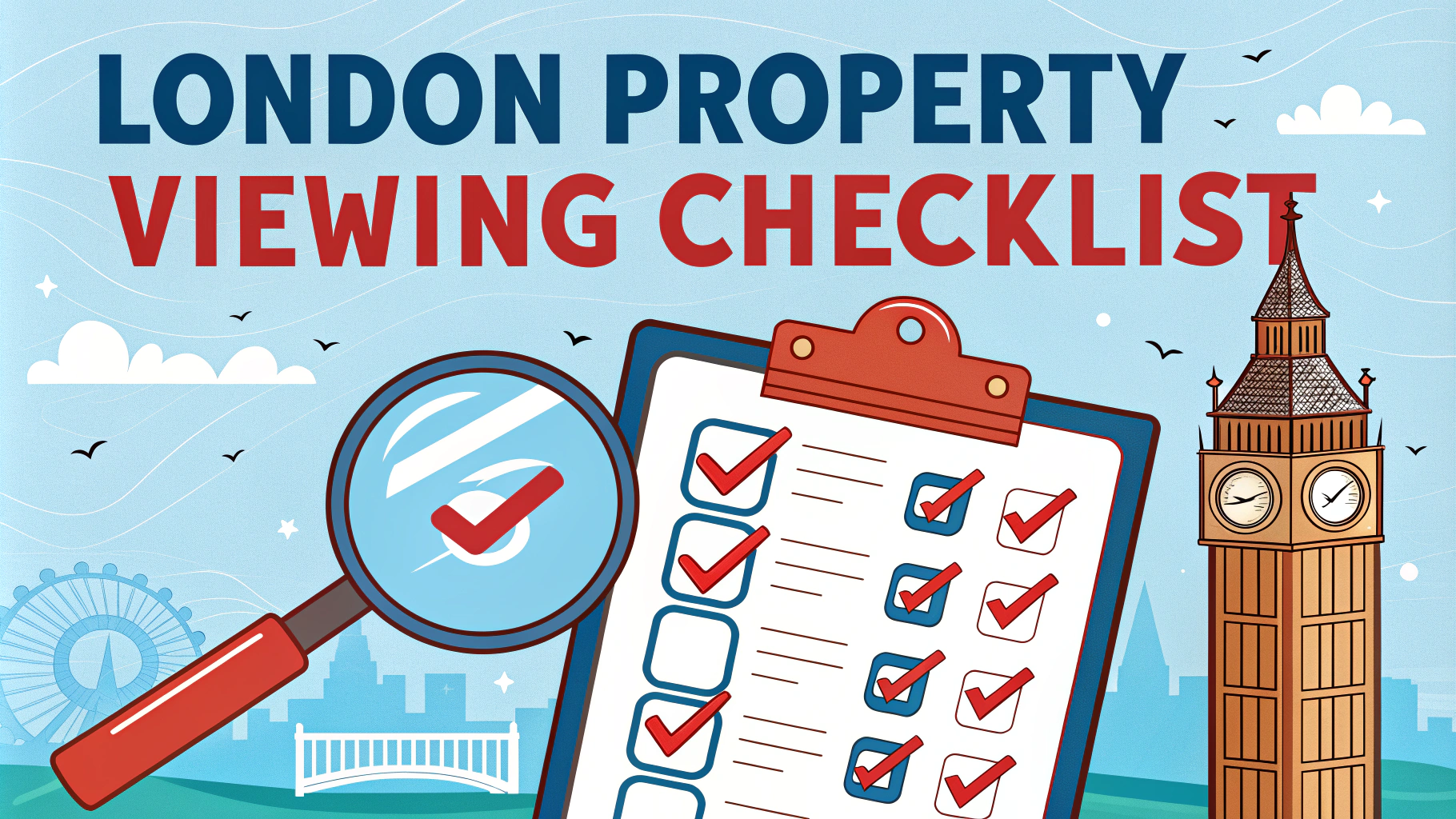The decision between using a letting agency or working directly with a private landlord in London can significantly impact your rental experience.
London’s rental market moves incredibly fast, and understanding the pros and cons of each option helps you make an informed choice that suits your specific needs.
This guide breaks down the key differences between letting agencies and private landlords in London, helping you navigate your rental journey more effectively.
Letting Agencies: The Professional Route
Letting agencies typically provide a more structured and regulated rental process.
- Professional property management services
- Access to multiple properties
- Standardized contracts and procedures
- 24/7 maintenance support
- Regular property inspections
Advantages of Using a Letting Agency
- Protection through registered deposit schemes
- Professional property viewings
- Background checks on tenants
- Legal compliance handling
- Organized maintenance schedules
Potential Drawbacks
- Higher fees and administrative costs
- Less flexibility in negotiations
- Longer processing times
- Additional reference requirements
Private Landlords: The Direct Approach
Renting directly from a landlord often creates a more personal rental relationship.
Benefits of Private Landlords
- Lower rental costs (no agency fees)
- Direct communication
- Faster decision-making
- Room for negotiation
- More flexible payment arrangements
Considerations with Private Landlords
- Limited property options
- Varying levels of professionalism
- Potential maintenance delays
- Less formal procedures
Finding Properties
Letting Agency Listings
- Rightmove.co.uk
- Zoopla.co.uk
- OnTheMarket.com
- Local agency websites
Private Landlord Listings
- OpenRent.co.uk
- Gumtree.com
- SpareRoom.co.uk
- Facebook Marketplace
Legal Protection and Rights
| Protection Measure | Letting Agency | Private Landlord |
|---|---|---|
| Deposit Protection | Guaranteed | Required but needs verification |
| Contract Terms | Standardized | May vary |
| Complaint Procedures | Formal process | Direct negotiation |
Making Your Choice
Consider your priorities: budget, convenience, or flexibility.
Choose a Letting Agency if you:
- Value professional service
- Need quick access to multiple properties
- Want structured support
- Prefer established procedures
Choose a Private Landlord if you:
- Want to save money
- Prefer direct communication
- Need flexibility in negotiations
- Have time for property searching
Smart Rental Tips
Always verify the landlord’s ownership through the Land Registry (gov.uk/search-property-information-land-registry).
Document all communication and keep copies of agreements, regardless of your chosen route.
Request an Energy Performance Certificate (EPC) before signing any agreement.
Join tenant protection organizations like Shelter (shelter.org.uk) for additional support and advice.
Costs and Fees Comparison
Agency Fees
- Referencing fees (where applicable)
- Deposit (usually 5-6 weeks rent)
- Contract fees
- Inventory charges
- Check-out fees
Private Landlord Costs
- Deposit (typically 4-5 weeks rent)
- Possible inventory costs
- Direct utility setups
Moving-in Process
Agency Procedure
- Property viewing
- Application submission
- Reference checks
- Contract signing
- Inventory check
- Key collection
Private Landlord Process
- Property viewing
- Direct agreement
- Basic checks
- Deposit payment
- Move-in coordination
Making an Informed Rental Decision
Research thoroughly before committing to either option. Consider your budget constraints, time availability, and preferred level of support.
Essential Steps
- Compare multiple properties and options
- Read reviews and testimonials
- Verify all credentials
- Understand your rights and responsibilities
- Keep detailed records
Remember that both routes can lead to successful tenancies when approached with proper due diligence and clear communication.
FAQs
- What’s the main difference between letting agencies and private landlords in London?
Letting agencies are professional intermediaries who manage properties on behalf of landlords, offering standardized processes and multiple property options, while private landlords deal directly with tenants and typically manage fewer properties personally. - Are letting agency fees higher than renting directly from private landlords?
Yes, letting agencies usually charge additional fees for their services, including administrative costs, reference checks, and contract preparation, whereas private landlords typically only charge rent and deposit without extra agency fees. - How much protection do I have when renting through a letting agency vs. a private landlord?
Letting agencies must be members of a property redress scheme and follow strict regulations, offering more formal protection. Private landlords must still comply with legal requirements but may have less formal processes for dispute resolution. - Do letting agencies offer better maintenance services than private landlords?
Letting agencies usually have established networks of contractors and formal maintenance procedures, while private landlords may handle repairs personally or use their own contractors, which can be either more efficient or slower depending on the landlord. - How do viewing arrangements differ between agencies and private landlords?
Letting agencies typically have set viewing times and professional viewing agents, while private landlords often conduct viewings personally and may be more flexible with timing. - Is the rental contract different when renting through an agency versus a private landlord?
Agency contracts tend to be standardized and comprehensive, while private landlord agreements may be simpler but should still contain all legally required terms and conditions. - What happens to my deposit when renting through an agency vs. a private landlord?
Both must protect deposits in a government-approved scheme, but agencies often have standardized processes and might use specific schemes, while private landlords can choose any approved scheme. - How quickly can I move in with an agency compared to a private landlord?
Agencies typically have longer processing times due to formal procedures and checks, while private landlords may offer faster move-in times as they have more flexibility in their decision-making process. - Do I need better credit history to rent through an agency than a private landlord?
Agencies usually have stricter screening processes and credit check requirements, while private landlords might be more flexible and willing to consider individual circumstances. - Are utilities and bills handled differently between agencies and private landlords?
Agencies typically have clear processes for utility transfers and bill responsibilities, while arrangements with private landlords might be more informal but should still be clearly documented in the tenancy agreement.








